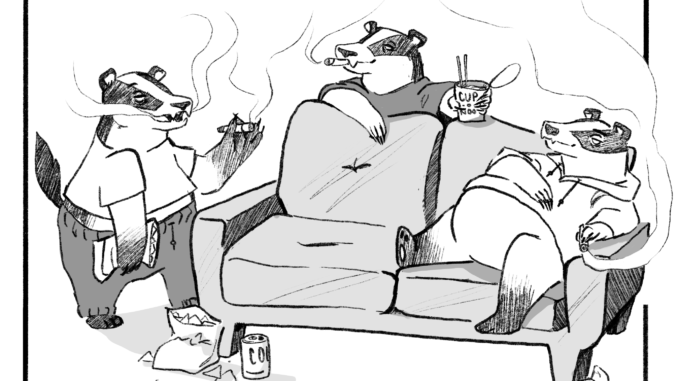
EDITORIAL
“Sending people to prison for possessing marijuana has upended too many lives,” President Joe Biden tweeted, Oct. 6. “That’s before you address the clear racial disparities around prosecution and conviction.”
This is life-changing news for people convicted over a plant. It’s also a significant coup for Democrats. With midterms just around the corner, every bit of political goodwill is needed to get young voters hyped to actually get out and vote. The prohibition against cannabis has ruined the lives of thousands of Americans, while dumping millions of taxpayer’s cash into the pockets of obsolete governmental branches and private prisons.
While this might seem like a drastic step to some, this motion will only be able to pardon federal cases, and on top of that, only those hit with simple possession charges. Dealers are out of luck this time.
Alongside this, Biden has ordered a review of cannabis’ scheduling. It currently sits at Schedule 1, next to drugs like heroin, ecstasy and LSD. Marijuana isn’t without its flaws and can certainly be harmful, but why is it so much worse than cigarettes or alcohol?
Nineteen states have legalized marijuana, and all of them have benefited from massive increases in revenues through taxing sales. For this year alone, the revenues for both recreational and medical marijuana sales are an estimated $33 billion in America. Yet still, Texas’s Greg Abbott looks the other way, with a spokesperson saying, “Texas is not in the habit of taking criminal justice advice from the leader of the defund police party.” Maybe with some of those billions in expected revenues, Texas could survive another winter without half the state losing power. But no, Texas needs to keep its nonviolent offenders revolving through prisons, with those charges glaring down at them for the rest of their lives.
Is Biden’s stance an honest attempt at moving the country toward decriminalization, or is it a thinly veiled attempt at scoring with an unmotivated younger population? America’s younger voting-age adults aren’t running to the polls, but maybe they will when it means decriminalization.
Five states, Texas not included, have full decriminalization on the ballots this November, and voter turnout is expected to increase.

Leave a Reply